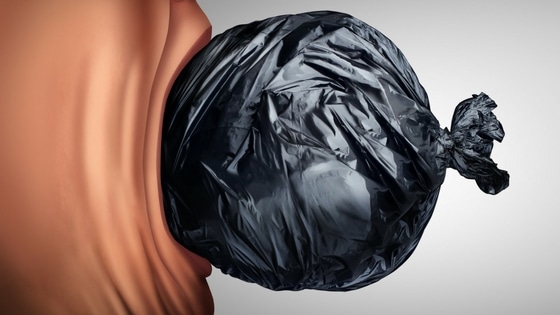We Take A Look If Rare Earth Metals Can Indeed Be Recycled 
Energy Disrupter
Can Rare Earth Metals Be Recycled? 
Televisions, computer monitors, X-ray scanners, mobile phones and more – these technological innovations perfectly sum up the ever-usefulness of rare earth metals (REMs). Also called rare earth elements (REEs), they are made up of 17 too-similar elements that are vital in manufacturing today’s hi-tech products. Mostly likely, the devices you currently possess all have rare earth elements.
>Download Now: Free PDF Business Owners Guide To Commingled Recycling Bin Services
They are plentiful – you might actually have some lying around in your underground backyard. However, they are difficult to collect because they exist in their purest of forms, usually found within other minerals, therefore making them hard to extract.
As a result, they present an uber-high value in the market with countless of demands just for them. Making the statements above, they should be at the top of the priority list on things that should be recycled at higher rates. But before going with that, can rare earth metals even be recycled? We should consider this first before even uttering how we can increase recycling. Let us see if we can recycle rare earth metals below.
Waster for smart businesses
Before we take you further and share with you the best strata waste and recycling practices, we want to share Waster with you.
Who is Waster? Why do plenty consider it as one of the best waste and recycling companies in Australia?
Simply put, Waster provides you with innovative solutions for your and your business’s waste management and recycling needs. In addition to that, we provide flexible, 30-day contracts instead of the typical lock-in contracts, which proves a better choice nowadays.
Click on the blue button below to learn more.
Can you recycle earth metals?
Surely, with its high demand in the market today, there are recycling streams dedicated to deal with rare earth metals, right?
The answer: apparently not. We currently have no effective method of recycling earth metals. In fact, rare earth metal recycling does not even exceed 10 per cent, only reaching 3 to 7 per cent from end-products. The reason for that is because current recycling methods for REMs are currently generating too much hazardous waste and just plain uneconomic. E-waste, most of which have rare earth elements, became much harder to recycle nowadays.
Obviously, for the average citizen, you cannot chuck them into your kerbside recycling bin. They are too small and bothersome to separate and recycle them, therefore making it quite a bit of a challenge.
Aussie scientists’ discovery
Here in Australia, scientists have found a way to recycle these rare earth metals. It is still in its early stages, so we would later find out its efficacy.
According to Stockhead:
Deakin Institute for Frontier Materials (IFM) researcher Dr Cristina Pozo-Gonzalo leads the project.
She says increased demand for REMs – which include elements like cerium, praseodymium, neodymium, and lanthanum – is creating pressure on global supply chains.
“To add to concerns, almost 85 per cent of the world’s REM primary resources are in China, where their government has restricted exports for periods of time in the recent past, endangering availability and price stability,” Dr Pozo-Gonzalo says.
“There’s growing concern that future access to these materials won’t be reliable, leading to them being targeted for reclamation and recycling.”
This new method for recovering REMs has “great potential” and minimises the generation of toxic and harmful waste, Dr Pozo-Gonzalo says.
“We are also aiming for a method that can easily be implemented widely across the world,” she says.
“Our work addresses a key knowledge gap in the REM recycling process.
“It is an important early step towards establishing a clean and sustainable processing route for REMs and alleviating the current pressures on these critical elements.”
Why recycle rare earth metals? Can’t we just get more through mining?
As I have mentioned above, underground lies countless amounts of rare earth metals. We could definitely have more than we could ask for without even recycling them. We just have to mine them underground.
While this seems this seems like a good idea, it really is not. First of all, mining has a lot of negatives to the environment. Mining for rare earth metals costs a lot because extractors should mine a lot of large areas just to get a small amount. Even with their abundancy, they are quite difficult to find, after all.
Mining also has a lot of environmental impacts. It can produce a lot of toxic and radioactive materials which can cause problem for both the environment and human health.
And lastly, when we say that we have can mine a limitless amount of rare earth metals, not all of us actually can – only China can. In fact, 70 per cent of the global supply of rare earth metals come from China.
Those are the reasons why it would be better if we find a way to recycle rare earth metals much easier and more efficiently.
[embedded content]
Can (and should) we recycle rare earth metals? Here is our conclusion
It would definitely be a better option to recycle them instead of mining for new ones. But, we still have to wait for developments to happen. In the right time, we might have a higher recycling rates for rare earth metals. Who knows, right? Let us aim to recycle more!
We certainly would love to hear your thoughts about it. Comment below!
We’ve got small and medium businesses covered!
Does your Australian-based business need waste and recycling services? If so, then you have come to the right web page!
Please call 1300 WASTER (1300 927 837). You can also email us at [email protected] if you have any further questions. Find the best deals in terms of waste and recycling pricing and services!






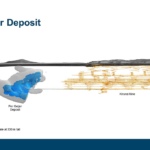



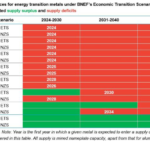








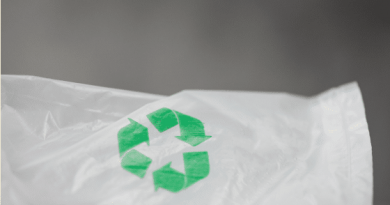
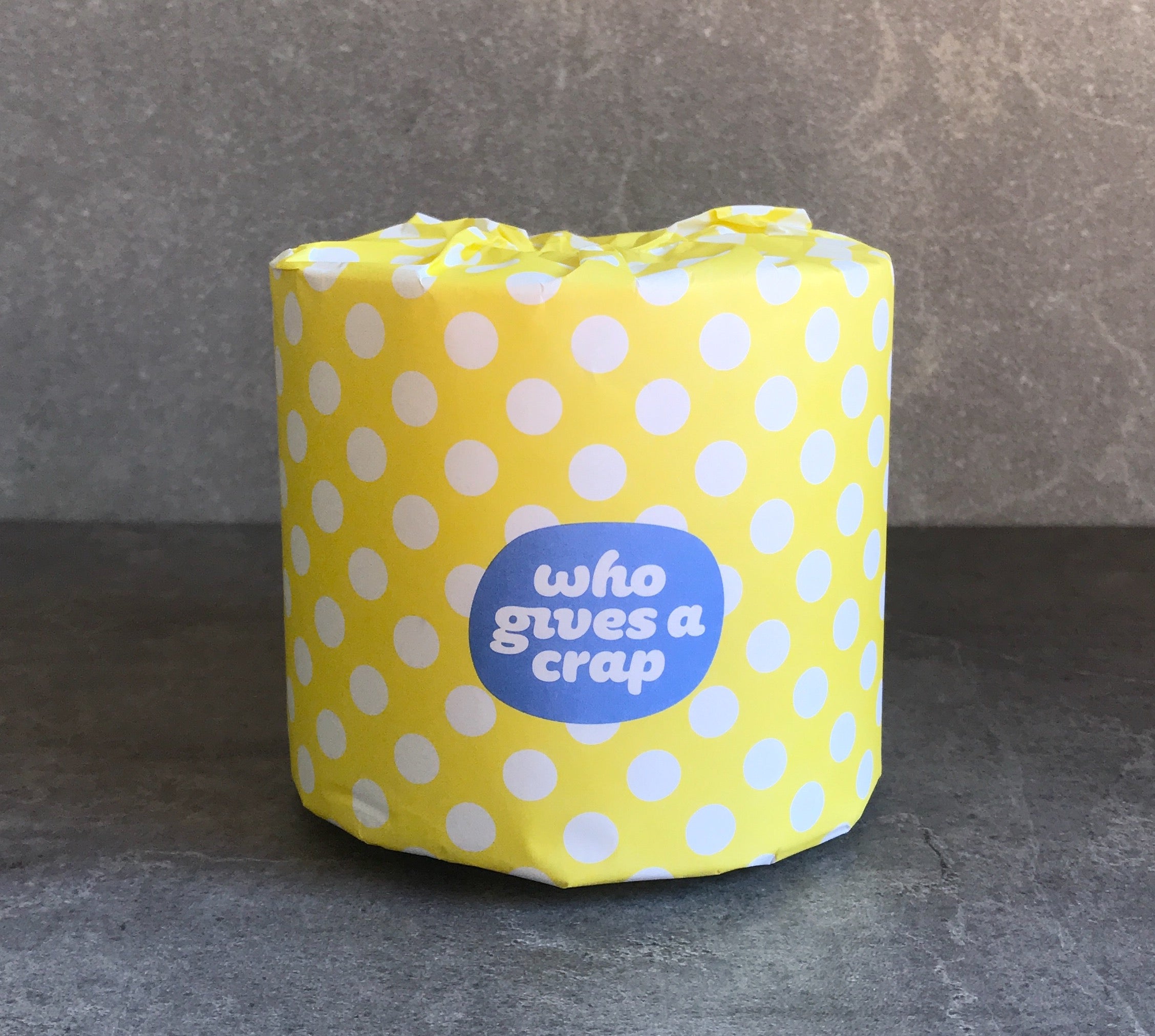


 – SMH And The Age Articles On Disrupters In Waste Industry
– SMH And The Age Articles On Disrupters In Waste Industry